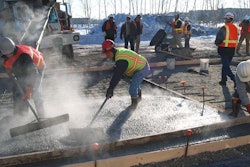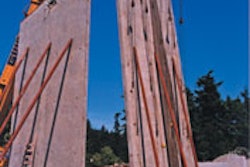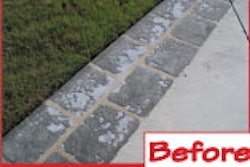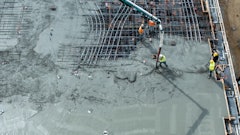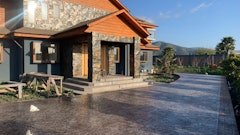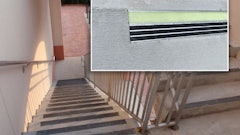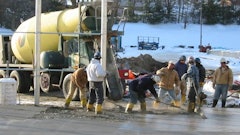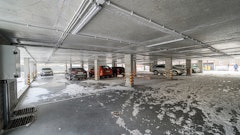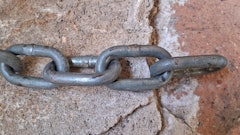The intent of this column is "to enhance the capabilities of those who build with concrete," which is also the mission of the American Society of Concrete Contractors.
While reading the "Guest Column" by Steve VandeWater in the March 2005 issue of Concrete Concepts, I was very disappointed to think small contractors are missing the boat on the benefits of belonging to the ASCC and the Decorative Concrete Council, a specialty council of ASCC.
Mr. VandeWater states that most decorative concrete contractors are small outfits, with one or possibly two crews, working out of their homes and trucks; doing the work and performing the office duties, estimating and bidding. This is one of the toughest positions to be in - one person wearing a lot of hats. This person needs the ASCC/DCC more than you can imagine. With handling all of the responsibilities - field and management - this person needs business sense even more than a large contractor.
He also writes that the cost of joining the DCC, vs. the benefit reaped, is not feasible for most of the people in this industry. The cost for a contractor of the size you refer to is $450 per year. I can tell you that just one 20 minute conversation with a successful contractor/businessman could save this small contractor his or her membership dues for the next 10 years.
The $450 ASCC membership dues for contractors with gross sales under $1.5 million is a drop in the bucket compared to the thousands of dollars one accident or OSHA violation could cost. Every ASCC member receives a 15-minute safety orientation video. I agree that more training aids of this type, as Mr. VandeWater recommends, would be a good idea. Some, such as a skin safety video, are available through the ASCC bookstore, at a discounted price to members.
The primary benefit of membership is the ability to learn from other contractors who have built very successful businesses. For me, the long list of membership benefits pale by comparison to the single benefit of networking with other contractors. This is huge.
ASCC is all about small contractors. We don't necessarily think that the definition of success is huge sales. We want to help small contractors improve not only as tradespeople but as business people. A lot of small entrepreneurs were first finishers for other contractors. They have little or no experience running a business and they need this more than anything.
Why am I qualified to speak to this? I am 50 years old and never finished high school. In the early seventies our company would have been lucky to have $150,000 in sales. My father started this business. It made him a good living and that was it. I look back and realize how much my father could have benefited from more business knowledge. He was an excellent worker and knew the trade very well, but did not maximize his opportunities as a businessman, and did not have good business sense when dealing with unreasonable or dishonest people. Because of that he was taken advantage of like you can't believe.
I have become a very successful small contractor doing decorative and industrial/commercial concrete work. The knowledge required to become as successful as I am is 20 percent technical trade application and 80 percent business management. Where did I learn the business side of things? From other successful contractors.
A person has to GET INVOLVED. I volunteered to be on committees when there was no way I could really afford it. I regularly attend the ASCC Annual Conference and CEO Forum. Ten years ago I was doing booth duty for ASCC at the World of Concrete when the person in charge of WOC seminars came to our booth looking for help: a WOC speaker was not going to make it. I, along with two other ASCC members, volunteered to teach a seminar at the last minute. Ten years later at WOC 2005 I taught five seminars. That all started with the willingness to help others and to get involved. That's how I met people, built relationships and soaked up all the helpful information I could.
There is a vast amount that a small decorative concrete contractor can learn from any sized business, if - and here is the key - he or she is willing to ask questions and network with other successful contractors.
The small contractor needs to be thankful that there are larger contractors willing to sit down and talk with them about their problems. ASCC provides events and forums for that to happen. There is more knowledge and experience available in the ASCC and DCC - through the members, and the member benefits - than you could ever use.



